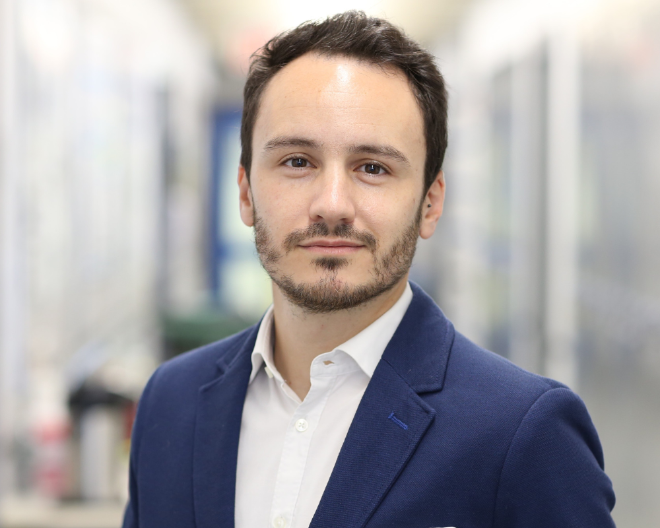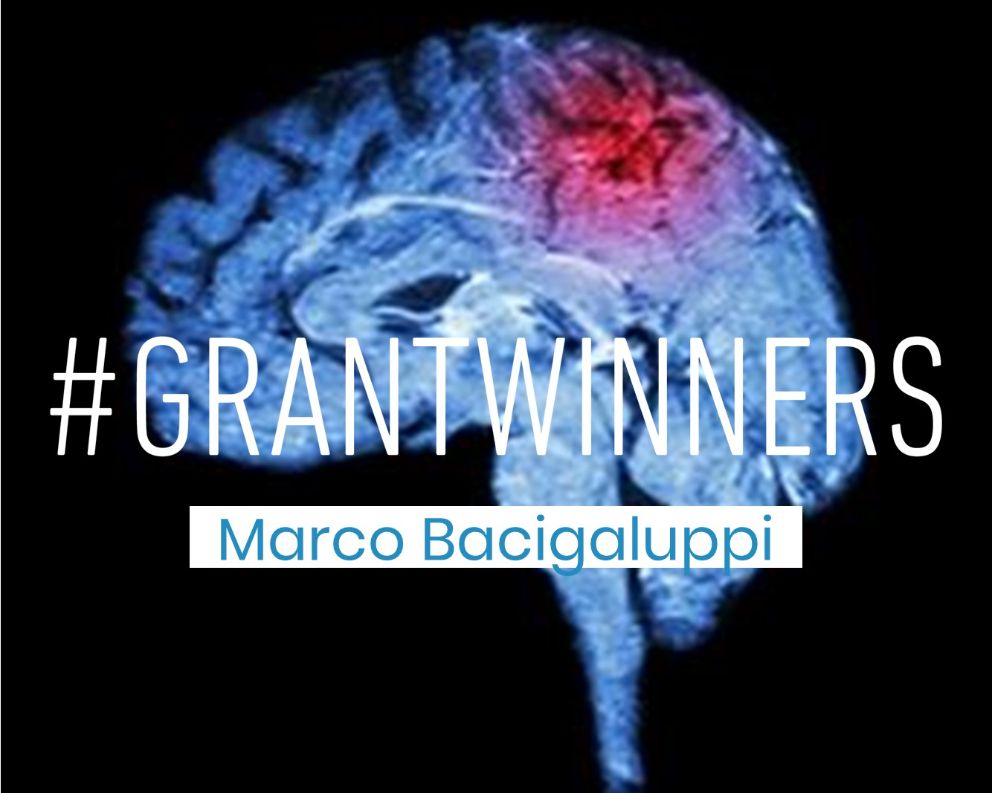
Innovative, multidisciplinary and of great social interest: one of the Vita-Salute San Raffaele University’s project is among the winners of the 2015 “Biomedical Research conducted by Young Researchers” by Cariplo Foundation. Coordinated by Dr. Marco Bacigaluppi, neurologist and researcher at the Neuroimmunology Unit at San Raffaele Hospital, it aims to study the role of the immune system in the elderly’s stroke.
“The ischemic stroke – also known as cerebral ischemia or stroke – is a disease that affects predominantly the elderly population and is one of the main causes of death” says Dr. Gullotta, PhD student working on the project. “During aging, there arise a number of alterations involving the entire body, especially the central nervous system, the immune system, and the cardiovascular system. Animal models have been used for many years to study ischemic stroke, but many of these studies have been conducted on a “young” animal population, which is not exactly representative of the complexity with which this disease occurs in the elderly.
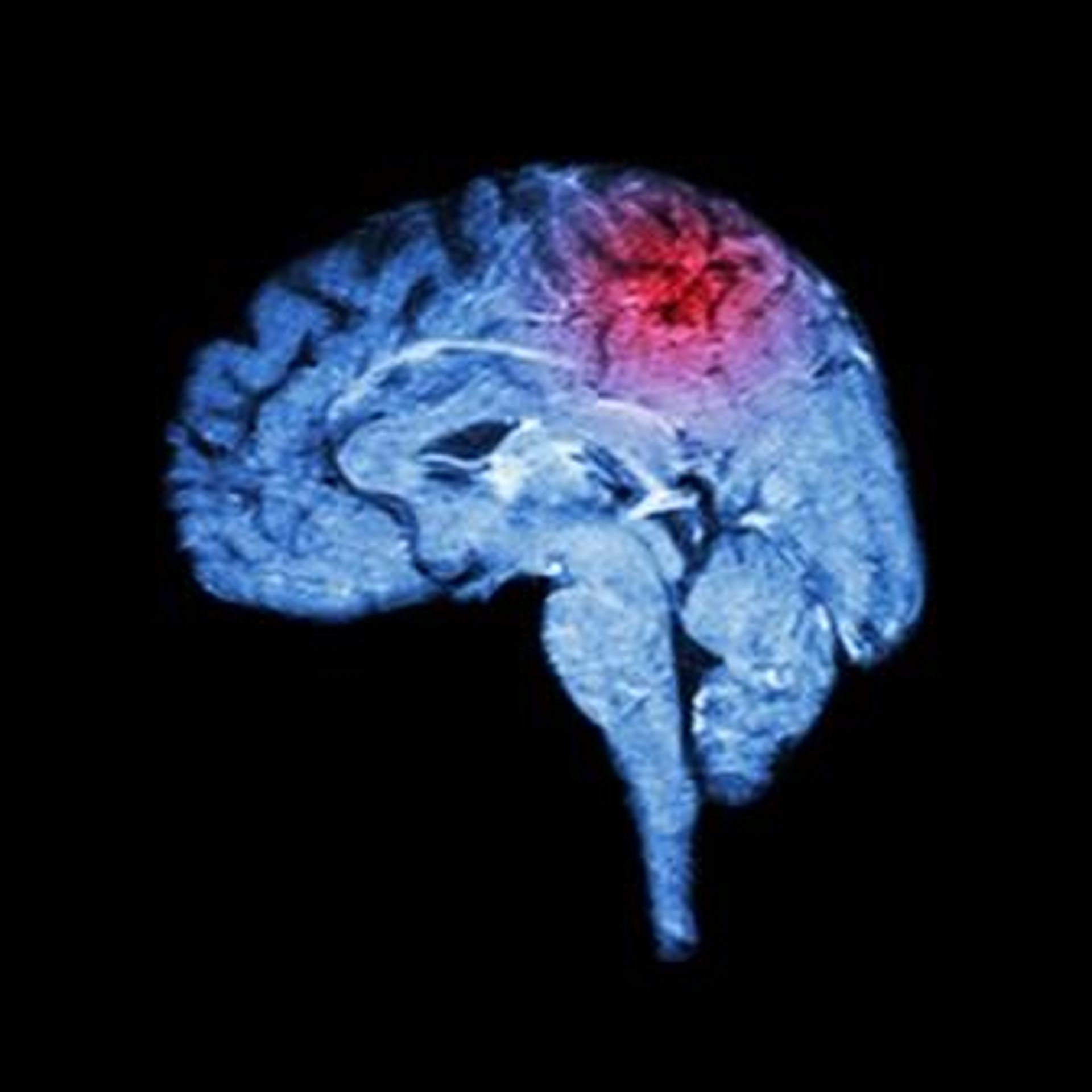
We, however, wanted to study the effect of cerebral ischemia on an animal model of aging that reproduced all the alterations physiologically present during old age”. The 70-90 years-old category is the one most commonly affected by the stroke, during which the affected people recover with more difficulty. Just as in humans, even in animal models, disability after cerebral ischemia increases as the age progresses, and there is a worse reperfusion of the cerebral tissue. This means that after ischemia there appear some alterations that prevent the blood flow from normal recovery despite the removal of vascular occlusion.
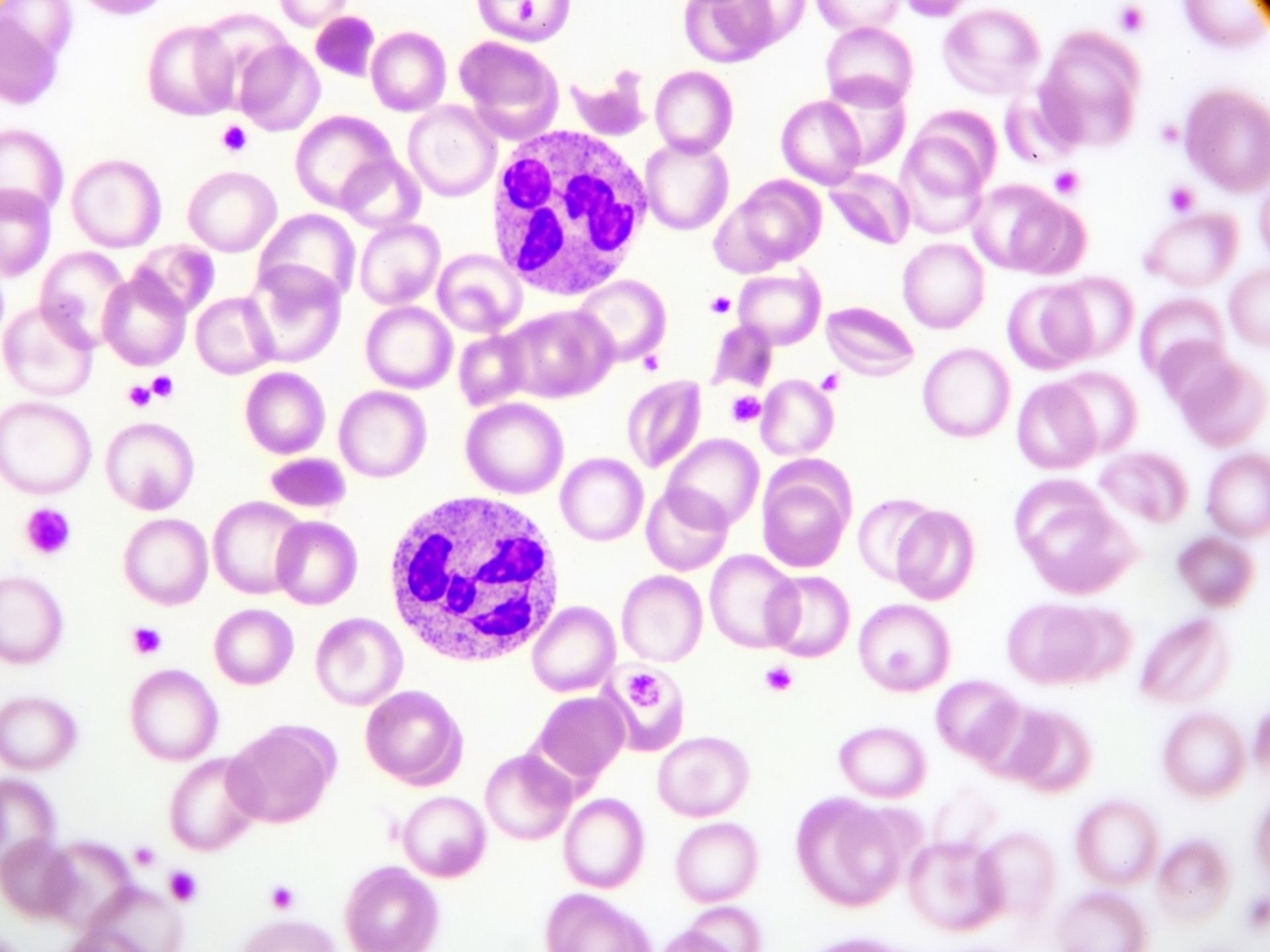
“The inflammatory response that is generated after ischemia in an elderly individual is different from that of a young individual: thus, we hypothesized that this different behavior of the inflammatory response could be one of the major causes of worsening of ischemia in the elderly . And indeed, during our studies, we unexpectedly stumbled upon a cell population involved in an early inflammatory response after ischemia: neutrophils. Thanks to this project we observed a high amount of circulating neutrophils due to stroke. One of the next goals will be to deepen the role of this population in the pathology”.
Are these results valid only for experimental models? Dr. Bacigaluppi states: “We have also started in the last years to collect blood samples from patients with cerebral ischemia to conduct analysis on inflammatory cells. We hope to have some encouraging results soon to shed light on important and complex mechanisms”.
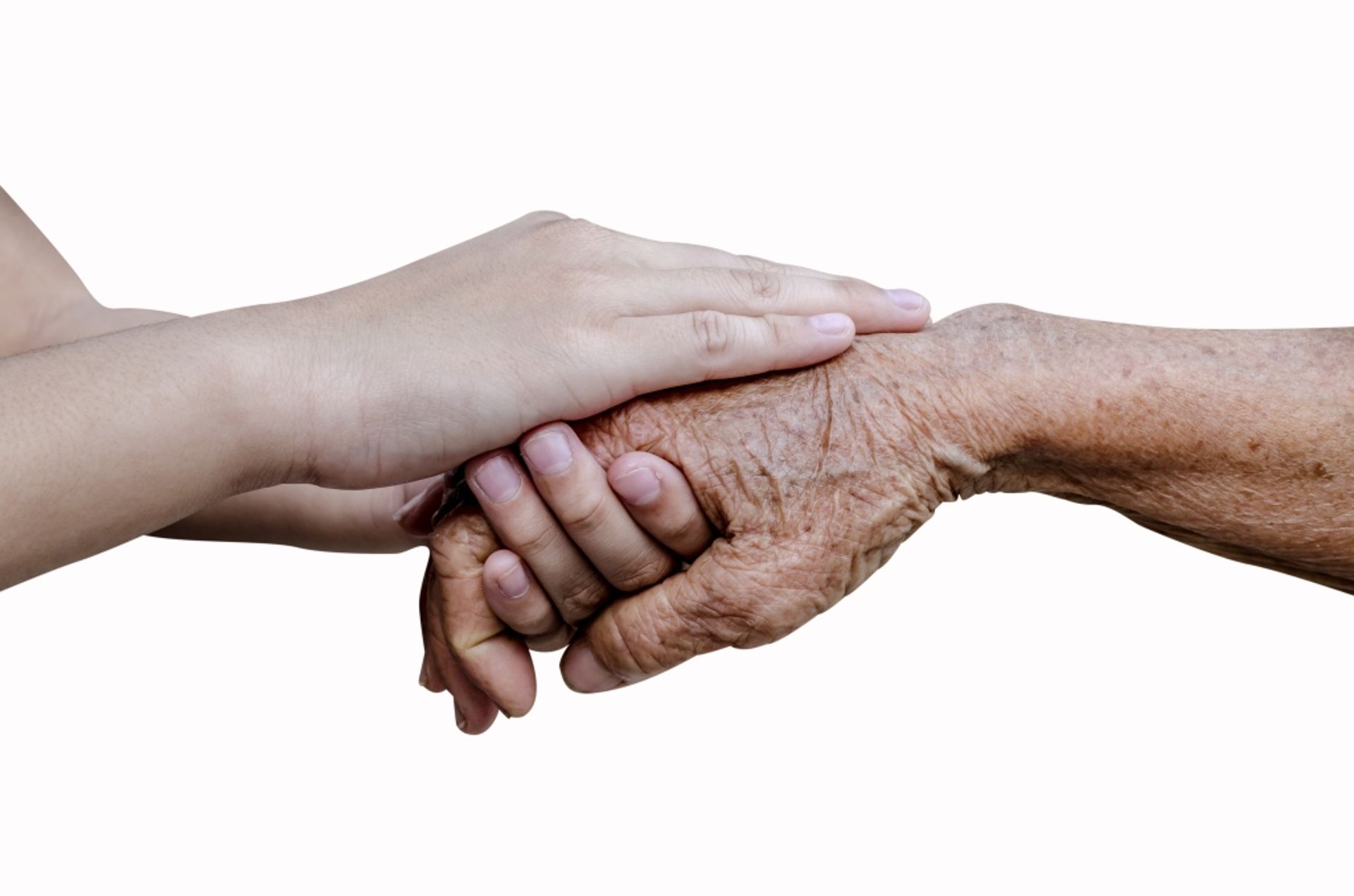
Dr. Erica Butti, responsible for the communication of this project, concludes: “This is an articulated study that requires the expertise of various experts: the ease of collaboration among professionals in different fields is the strenght of an institute like ours”.
Part of the Neuroimmunology group directed by Prof. Gianvito Martino (standing, third from right). Dr. Gullotta is standing, first from left; at her left, Dr. Bacigaluppi; Dr. Butti is at the center of the photo, standing on the right.
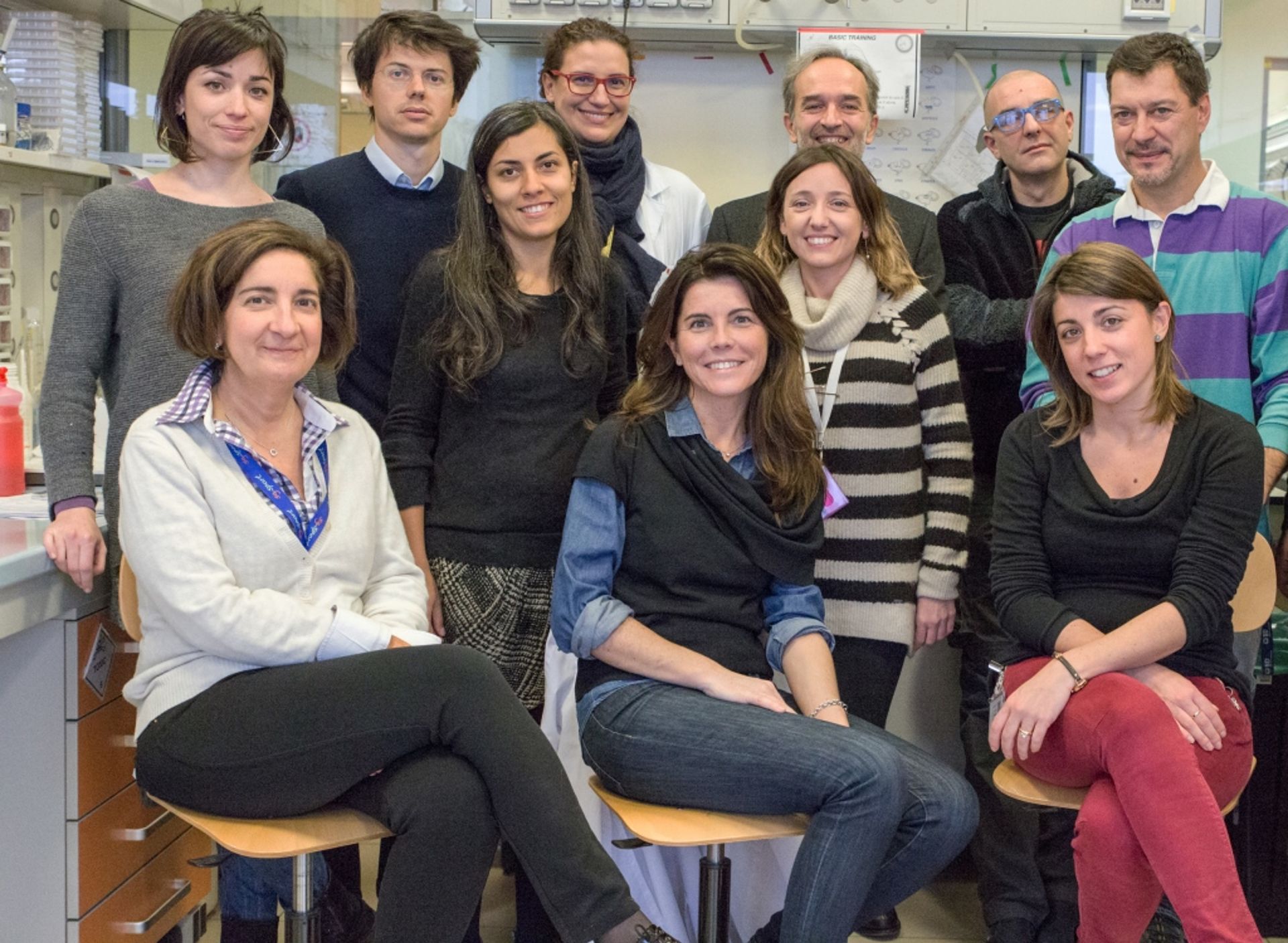
For this project, Dr. Gullotta, who has been working on this research in the last two years, has been recently conferred two important awards (of which we talked about in this news): the Italian Association of Neuroimmunology (AINI) has rewarded her scientific intervention at the National Congress with the Marco Vergelli and the ‘Best Oral Presentation’ award.
The study is in collaboration with the laboratory led by Prof. Antonio Uccelli, Director of the Center of Excellence for the Study of Molecular Cell Communication Mechanisms (CEBR) at the University of Genoa, who, together with the Neuroimmunology Unit led by Prof. Gianvito Martino, is also exploring the bone marrow alterations occurring with ageing.
You might be interested in
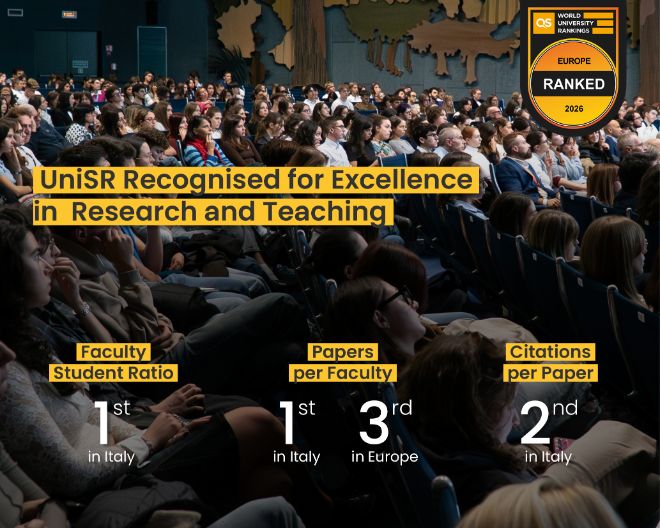
UniSR ranked 1st in Italy for Research and Teaching
/resolutions/res-c660x528/Veschetti_Cariplo_P.-Aeruginosa_UniSR-(1).jpg)
Uncovering the hidden role of bacterial microRNAs in chronic respiratory diseases
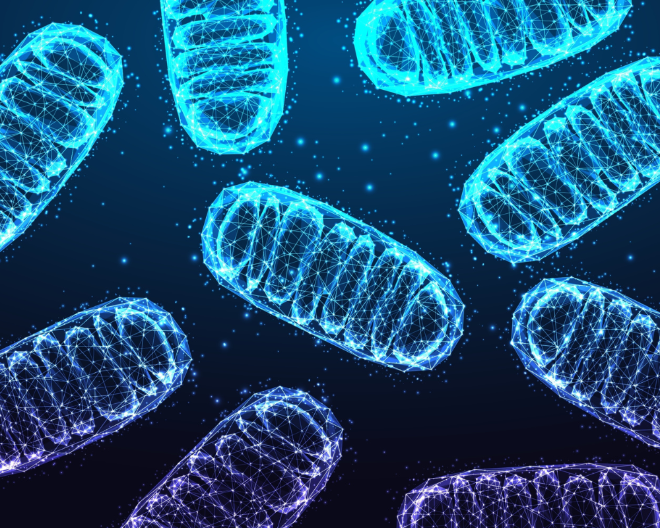
A New Approach to Enhance Immunotherapy in Multiple Myeloma
